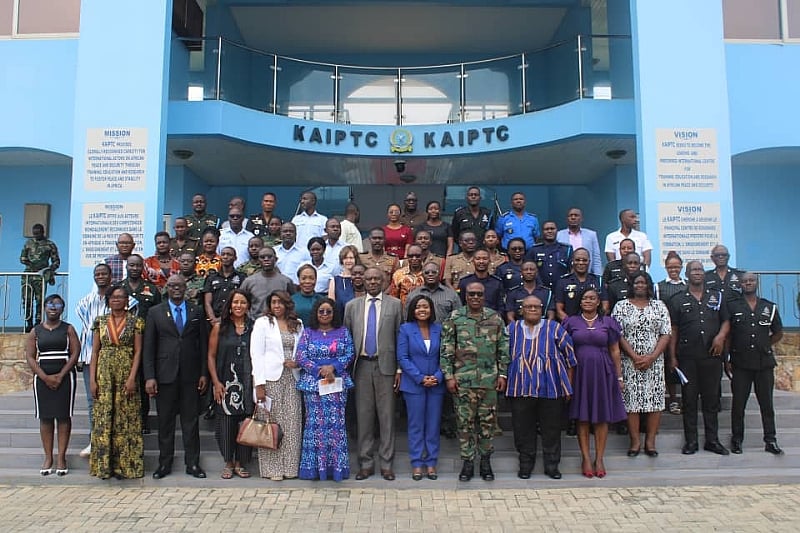The Electoral Commission (EC) of the country has recently reported the identification of 7,250 hotspots in preparation for the upcoming 2024 presidential and parliamentary elections. This number reflects a significant decrease from the 9,644 hotspots recorded during the lead-up to the 2020 general elections. Mr. Frederick Tetteh, the Deputy Director responsible for Research, Monitoring, and Evaluation at the EC, made this announcement during a multi-stakeholder dialogue focused on the intersection of media and security. He attributed the reduction in identified hotspots to the proactive security measures established by the EC in collaboration with various security agencies, ensuring a safer electoral environment.
The EC emphasizes the dynamic nature of these hotspots, as a location identified in previous elections may not necessarily present the same level of risk in subsequent elections. According to Mr. Tetteh, the nature of electoral hotspots can evolve over election cycles, with new hotspots identified due to changing political climates and societal contexts. The effective measures taken by the Commission should not only be viewed as a response to past issues but as a progressive approach to enhancing electoral safety. This ongoing assessment and adjustment of security strategies demonstrate a commitment to continuous improvement in safeguarding the election process.
The dialogue, which was organized by the Kofi Annan International Peacekeeping Centre (KAIPTC) and Kingdom Concepts Consult, aimed to foster collaboration between media representatives and security actors to uphold peace before, during, and after the elections. The conversation emphasized the importance of a coordinated effort in managing information and ensuring that reporting does not incite violence or disruption to the electoral process. Mr. Tetteh’s assurance that the EC is well-prepared for a credible election indicates that significant milestones have already been achieved, such as completing voter registration, and moving forward with ballot printing.
Elephants in the dialogue included warnings against political campaigns rooted in tribal, regional, or religious sentiments, all of which have historically led to electoral violence. Dr. Jonathan Sandy, Head of the African Union Economic, Social and Cultural Council (AU ECOSOCC), stressed the necessity of fostering unity and peace while warning against divisive political practices. The potential for such campaigning to escalate tensions was a critical point raised throughout the discussions, highlighting the intersection of sociopolitical elements and electoral security.
Major General Richard Addo Gyane, Commandant of the KAIPTC, called for responsible media conduct in reporting, underscoring the role of journalism in maintaining national peace and stability. He advocated for a conscientious approach to coverage that prioritizes the overall well-being of the country rather than sensationalism. Additionally, Dr. Abena Animwaa Yeboah-Banin from the University of Ghana posited that the media and security forces should view themselves as allies rather than adversaries, highlighting the importance of collaboration in ensuring an effective electoral environment.
Together, these discussions point to a critical understanding that the media and security sectors play a fundamental role in shaping the conditions leading up to the elections. With the EC’s commitment to transparent processes, the multi-stakeholder approach encourages a collective responsibility model that involves political parties, civil society, and the electorate in fostering a peaceful, credible electoral process. The emphasis on collaboration and trust reflects a proactive stance towards mitigating past conflicts, building stronger democratic practices, and enhancing the overall integrity of the electoral system in the country.


